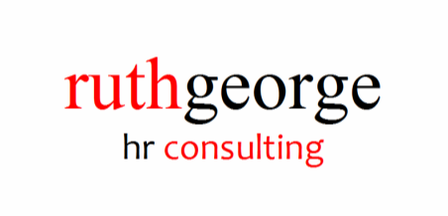As more and more employers change their stance on flexile or remote working on a permanent basis I thought it would be useful to provide a quick guide on the best way to make these changes, for both employers and employees.
During the pandemic most employers have complied with government requirements for employees to work from home, where possible. Now that the lockdown has eased many employers find themselves with a dilemma – what do they do about remote or flexible working on a more permanent basis? Has their attitude to remote working changed? Can their business support it on a longer-term basis? What would be the most motivational approach for employees?
Before your business decides how it will move forward, here are a few considerations:
During the pandemic most employers have complied with government requirements for employees to work from home, where possible. Now that the lockdown has eased many employers find themselves with a dilemma – what do they do about remote or flexible working on a more permanent basis? Has their attitude to remote working changed? Can their business support it on a longer-term basis? What would be the most motivational approach for employees?
Before your business decides how it will move forward, here are a few considerations:
- Potential change to employment contract – any permanent changes will almost certainly require a change to the employment contract or an addendum to reflect the new permanent place of work.
- Loan of Company equipment – if you required employees to use their own equipment during lockdown you will likely look to provide Company equipment if moving to remote working permanently. This gives you the advantage of ensuring only Company approved software is loaded onto equipment as well as ensuring any IT, firewall and cyber-security requirements are in your control.
- Use of personal equipment – you may wish employees to continue with use of personal equipment although it will be harder to defend this on a permanent basis and you are likely to face poorer security provision.
- Household bills – HMRC currently allows your employer to pay you up to £6 a week (£26 a month) to cover your additional costs if you have to work from home.
- Mortgage, lease and insurance – you will need employees to check if any additional premiums are required on these policies if working from home
- Management of homeworking – this is a ‘biggie,’ take time to reflect on how your line managers and employees coped during lockdown, what are the lessons learnt? What worked well? What could be even better? What could you do differently?
- Expenses – it’s worth taking a look at your expenses policy to check implications of remote working on what employees can and can’t claim
- Health & safety expectations – if you didn’t during lockdown, now is the time to ensure any health & safety assessments are carried out. There are plenty of cost-free on-line options to take advantage of
- Security, confidentiality and data protection – aside from the cyber-security points mentioned above, it will be worth checking that there is common understanding on protection of company data, confidentiality and general security which should be written into the employment contract as well as into a specific policy
Ruth George - HR Consultant
[email protected]; 07899 920075
This is not legal advice and is provided for general information only. © Ruth George HR Consulting.
